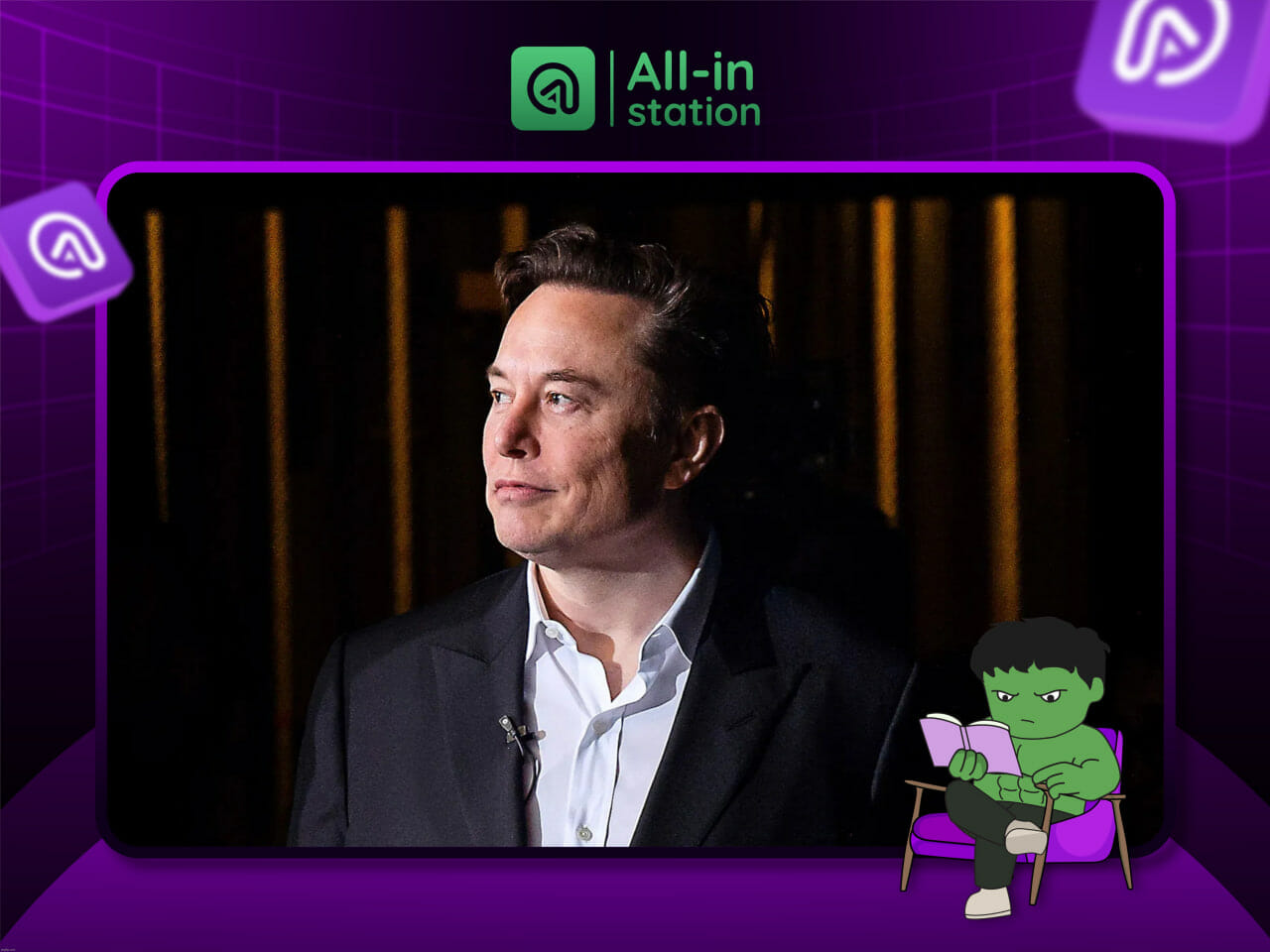Technology billionaire Elon Musk, CEO of Tesla and SpaceX, recently shocked the American political landscape by announcing the establishment of a new political party called the "American Party" on the social media platform X (formerly Twitter) - a platform he owns. Musk stated that the party's goal is to "restore the freedoms of American citizens" and end the waste and corruption existing in the current political system.
This announcement came shortly after President Donald Trump signed the tax and spending reduction bill into law on July 4th - a decision that Musk publicly strongly opposed. Notably, Elon Musk was once one of the largest donors to Trump's 2024 election campaign. However, the relationship between these powerful figures has become strained after Musk led efforts to cut government budgets and lay off government employees in his role as head of the Government Performance Council (DOGE).
Previously, an online survey conducted by Elon Musk himself showed that approximately two-thirds of participants supported the establishment of a new party in the United States - evidence of growing dissatisfaction with both existing major parties.
According to US law, establishing a legal political party requires going through strict certification procedures at state and federal levels. For over 100 years, the two major parties - the Democratic Party and the Republican Party - have maintained near-absolute power at all levels of government in the US. Despite the existence of dozens of smaller parties like the Libertarian Party or the Green Party, no party has been able to truly compete in presidential or congressional elections.
For instance, the Libertarian Party, founded in 1971, achieved its best performance in the 2016 presidential election with candidate Gary Johnson winning 3.27% of the national vote, but this percentage is still too small compared to the tens of millions of votes needed to win important races. The Green Party, despite its long history and participation in many elections, has not won any seats in the US Congress.
In a context where support for President Trump is low and polls like YouGov show nearly 60% of Americans have a negative view of the Democratic Party, many hope for a "new wind" in politics. However, recent studies, such as a survey in May 2024, indicate that even disaffected voters with the two major parties - called "party-dissatisfied voters" - are unlikely to vote for a third neutral party.
Given this reality, despite having enormous financial resources, global influence, and a strong media platform, Elon Musk's ambition to establish a new political party will still face profound institutional barriers in the US political system. Nevertheless, this remains a bold move that could shake the traditional two-party landscape and open a volatile new phase for American politics.









